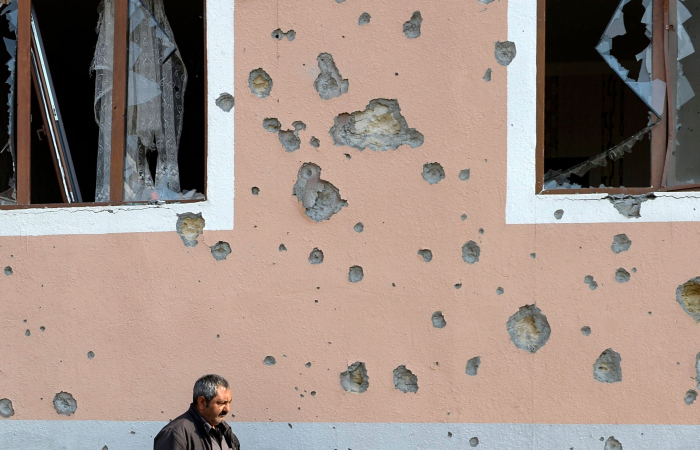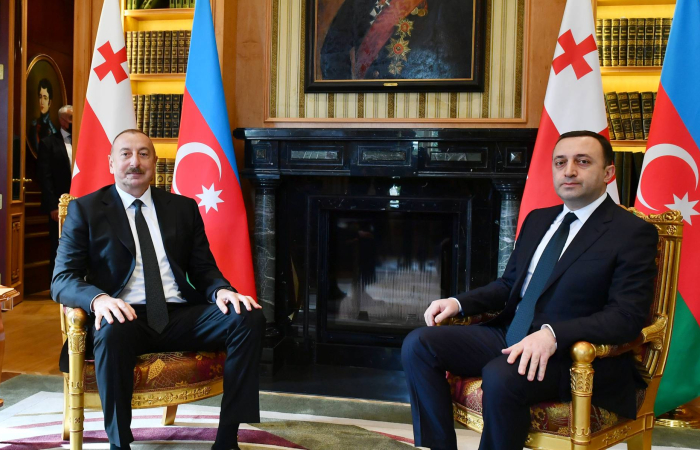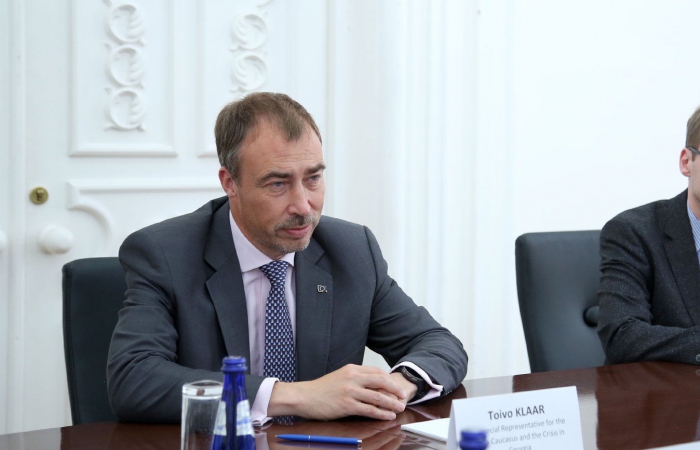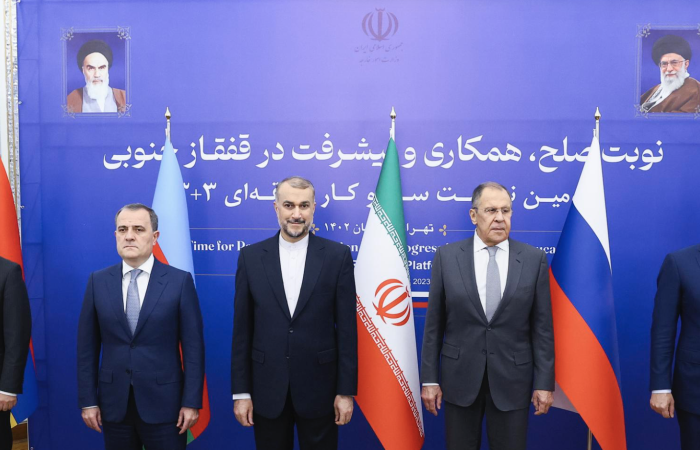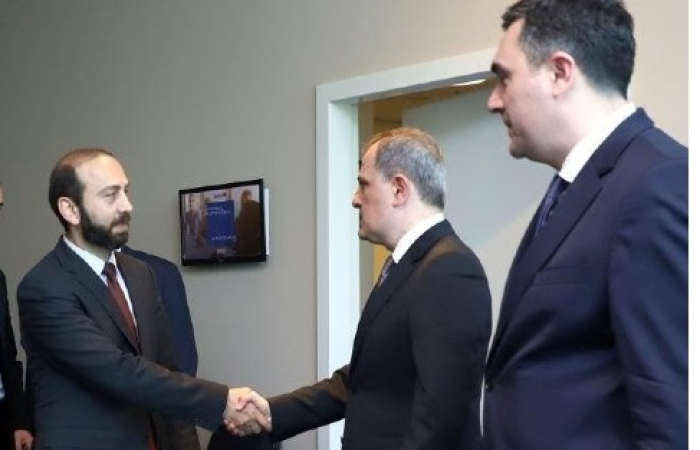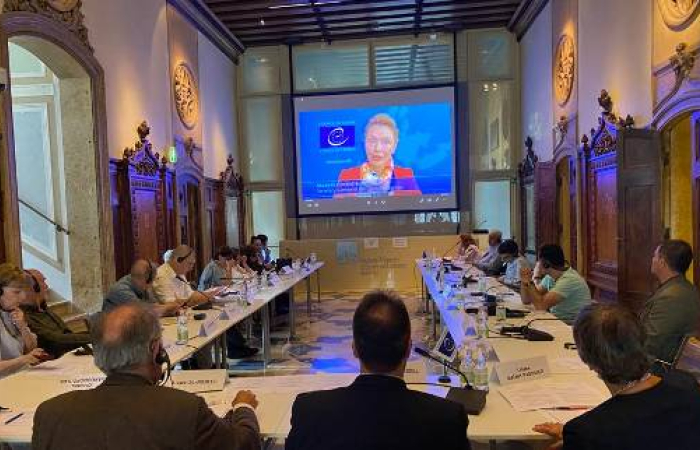Trending
Dennis Sammut: The EU needs a comprehensive strategy towards the South Caucasus
26 October 2023
The 2023 APRI Forum is taking place at the Marriott Hotel in Yerevan on 25-27 October 2023. More than a hundred participants from Armenia and beyond are participating.
Speaking at the event in Yerevan on Thursday, 26 October, LINKS Europe Director, Dr Dennis Sammut, spoke about relations between the European Union and the South Caucasus. He said that since the 1990s EU policy was guided by four pillars: Support for the independence of the three South Caucasus countries; support for peace and the peaceful resolution of conflicts in the region; political and economic stability; and prosperity. Whilst these principles guided EU policy towards the region there was not a comprehensive policy towards the region, mainly because the Armenia-Azerbaijan conflict made any sort of regional interaction difficult. Thus whilst there is an EU Strategy towards Central Asia, and towards the Black Sea Region, there is no EU strategy towards the South Caucasus. One of the consequences has been that the EU has mainly been conducting its relations with the three countries bilaterally.
Dennis Sammut said that the time has now come to develop a regional approach in EU policy towards the region, and that an eventual Armenia-Azerbaijan normalisation of relations will open the way for this to happen. This opportunity needs to be seized.
Dennis Sammut said that currently the EU has different contractual relations with the three South Caucasus, and bilateral relations will continue to be important.
Speaking about EU Armenia relations, Dennis Sammut said that relations between the Armenian state and Europe were stronger today than they have been since the time of Byzantium. The challenge was to turn this from simply symbolic expressions to tangible co-operation. He said that the EU and Armenia should prioritise four sectors: Institution building; education; innovation and connectivity. Think tanks and civil society need to work to develop tangible ideas on how this work can be taken forward. The speaker warned that recent signs of displeasure in Moscow at the policies of the Armenian government may lead to some actions from Russia to try to put pressure on Armenia, and the EU needs to be ready to stand by Armenia in such circumstances.
Dennis Sammut said that EU relations with the South Caucasus in general and with Armenia in particular need to keep in mind three important realities: first, the EU is not the provider of hard security – it is not a military alliance, such as NATO, and what it can provide in areas of security was limited; second the EU was not an ATM: it can provide financial support, as it has done in the past, but expectations of what kind of assistance can be expected need to be managed; third, the EU is not a charity, but a geo-political player. It has its own interests in the South Caucasus and these need to be recognised. A solid relationship is one in which both sides recognise the other’s interests.
Dennis Sammut said that increased EU engagement in the South Caucasus may bring a reaction from Russia. Russia has for decades been trying to exclude other international actors from being active in the region. The EU is not interested in excluding anyone, but is not ready to be excluded either.




